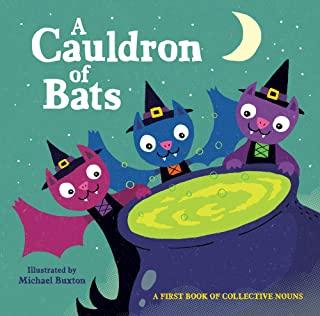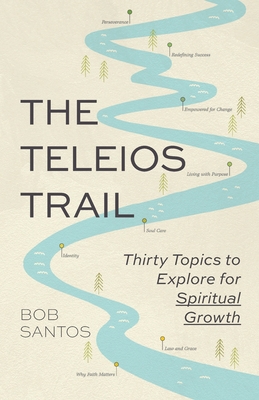
Collier, Gary D.
An introduction to Biblical Conversation; a deep-level Bible reading approach that respects and seeks to join in with the inter-biblical conversations that shaped biblical documents. This 160 page, well researched and smoothly written book encourages Bible readers to experience biblical texts deeply, as a conversation with biblical authors through their texts, and to stop merely (speed-) reading them.
The book begins by pointing out that the phrase Bible study is an over-used tag-line to cover many activities, and that many of these activities may have very little to do with the Bible itself. Three chapters focus on Spirit, Text, and Self to help readers come to grips with just what is at stake when reading biblical texts. Whereas there is a popular notion that "reading by the Spirit" somehow allows one to avoid or bypass studied attention to texts (in this way, creating a chasm between text and spirit), one of the key demonstrated emphases of this book is that "All reading of biblical texts should be Spirit-led. All!" This includes everything from academic to devotional approaches.
The book then moves to some exciting textual studies that help explain, comprehensively and readily, how the authors of biblical texts were in a continual conversation with one another, even those who preceded them by centuries, and that this was an ongoing, never-ending attempt to better comprehend and converse with God. A good deal of time is given to biblical texts (sometimes in delicious detail--as in food and water from the rock!) to illustrate the concept of biblical conversation.
Finally, the book then introduces a tested and proven step-by-step approach for readers to become conversation partners with biblical authors through their texts--an approach that is compatible with group discussion, individual study, and many other approaches to knowing the Bible.
The book's major goal is to help readers today "join the conversation."
The sharply focused outline and argument of the book (13 chapters in 4 main parts) is perfect for both individual study and small (or even large) groups.
member goods
listens & views

PLEASE DON'T SHOOT THE PIANO ...
by PLEASE DON'T SHOOT THE PIANO PLAYER AGAIN / VAR
COMPACT DISCout of stock
$16.49






